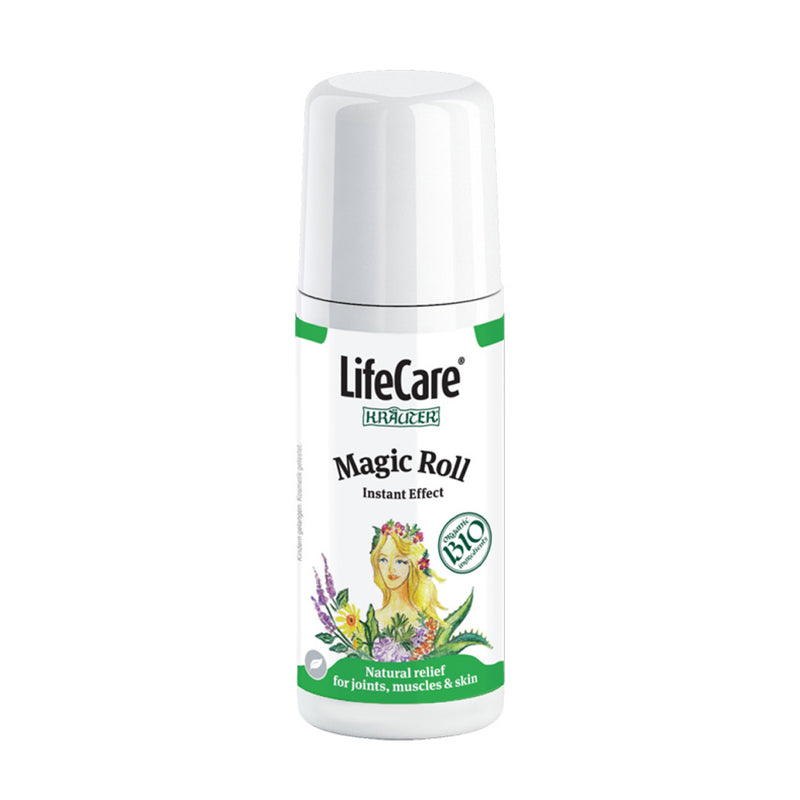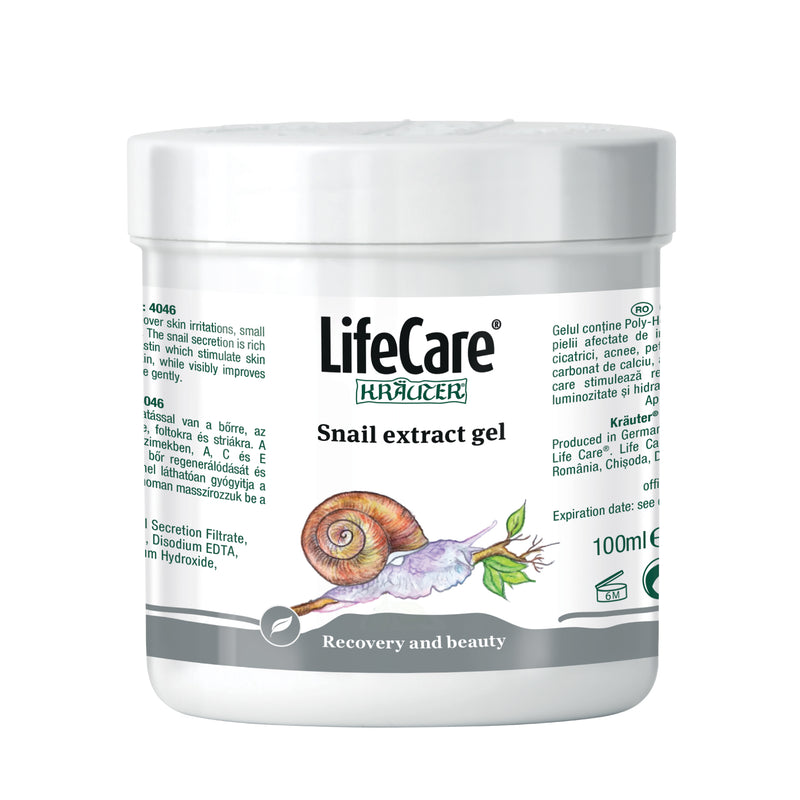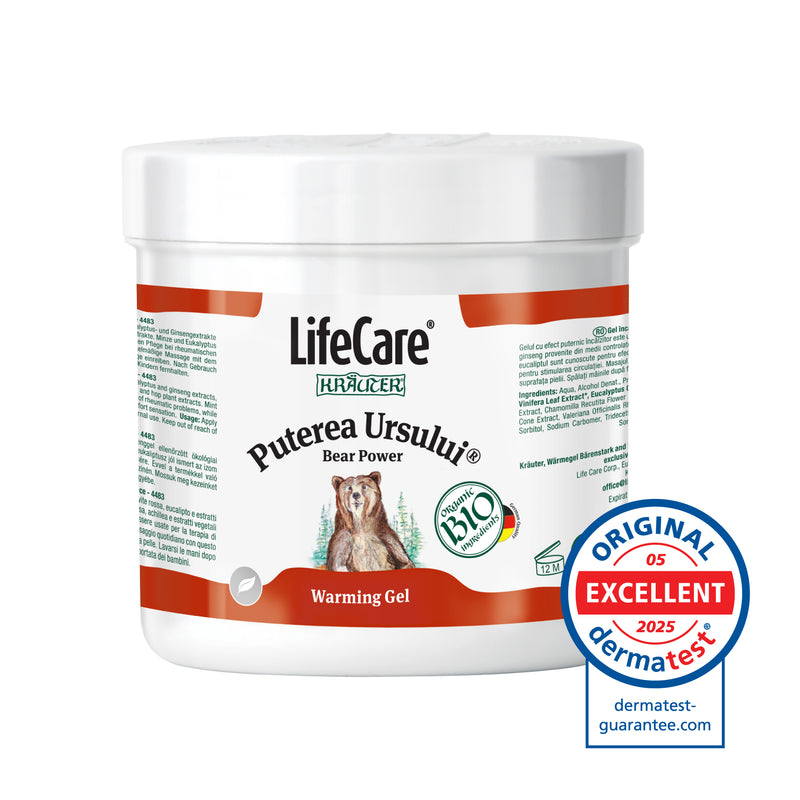The cold is caused by rhinoviruses (over 200 types) that attack the upper respiratory tract and neck. It can occur throughout the year, but especially spring and autumn.
The flu is caused by influenza viruses (3 types, with several stems, A, B and C) that affect the respiratory system much stronger than rhinoviruses. It can occur especially during the cold season, in November-February, when the immune system is weaker.
In both cases, it is recommended that besides the drug treatment to help your body fight with colds or flu through a diet rich in vitamins and minerals.
Respiratory viruses are extremely common during the cold period of the year and can be caused by:
>> Etiological factors - those that cause the occurrence of respiratory infection, ie viruses (the most common are: syncytial respiratory virus, rhinoviruses, paragripal viruses, adenoviruses, etc.)
>> Risk factors - those who favor the development of respiratory viruses (infected people sneezing or coughing without covering their mouths and nose, contact of a healthy person with drops of saliva and mucus expectorates by people with viruses).
The symptoms of a respiratory virus include: cough, mucus (phlegm), sneezing, clogged nose (rhinorrhea), neck pain, headaches (headache), muscle pain, breathing difficulties (wheezing breathing), a high temperature (fever), general feeling of evil and weakness.
Identification of symptoms: cold vs influenza
Cold symptoms
The cold starts easily, in a few days, reaching the peak in days 2-3 from contacting the virus. Cold symptoms include: fatigue, headaches, sneezing, headache and neck. Then, the nasal mucus and the pallor of the skin appear.
Grip symptoms
The flu suddenly starts with: mitigating states of fatigue, headache (headache or migraines), muscle and joint pain (you feel that you cannot get out of bed), fever (38.40 degrees), non-productive cough, chills followed by abundant sweating, eye pain, inflammation.
The cough can take up to one month after healing. The fever can persist 3-5 days and will be accompanied by the sensation of eyes and chills that can cause abdominal and bone pain.
In the case of flu, the sensation of nausea and vomiting also appears. Other symptoms: clogged nose, nasal secretions, tears of eyes.
How long does a cold last and what impact does it have on the body?
If you are wondering how long a cold lasts, find out that most adults recover in about 7 to 10 days, but some symptoms, especially the clogged nose and rhinorrhea, can take up to 2 weeks. The duration of a cold can be longer in children (up to 2 weeks). Children cool more in a year than adults. In fact, while an adult can be affected by 2-4 colds in a year, children can have between 6-8.
Doctors believe that the most common symptoms of cold are part of the body's response to the virus, rather than the virus itself. Cytokines are proteins produced by cells that serve as chemical messengers between cells. At any sign of infection, the cells draw an alarm signal by sending messages to cytokines (in our case, about the common cold virus).
The white globes and the brain record all this information and focus on the affected areas to stop the virus. The blood vessels around the affected area broaden when they receive the message that there is a virus in the body. This allows more blood to flow into the affected area and bring more white blood cells to fight the virus.
As a side effect, these areas will become swollen, red and full of liquid - otherwise known as inflammation, the painful part of a cold. That is why we have cold symptoms such as: nasal secretions or nasal congestion (clogged nose), eyes that tear.
Natural solutions for the prevention and treatment of influenza and viruses
Most of the time, respiratory viruses pass by themselves, if the immune system is strong. When they are associated with bacterial infections, treatment should necessarily include antibiotics.
Because respiratory viruses are caused by viruses, you can treat them at home, following the treatment recommended by the specialist doctor, but also with natural aids, to play your well -being.
Unfortunately, untreated, the flu can lead to serious complications, especially in children up to 2 years old, elderly or patients with autoimmune diseases. Pneumonia, bronchiole inflammation or meningitis may occur.
There is no predetermined treatment for respiratory viruses. It differs depending on each patient, but usually includes: anti -inflammatory, vitamins and minerals to support the immune system, remedies for muscle and headaches, to combat fever, cough and discomfort from the airways. We recommend:
>> syrups with honey, thyme or fennel, which helps to combat dry cough and soothes the neck irritations
>> throat sprays with soothing, recovery and healing effects
>> vials with milk and pollen milk, which increase the body's defense power in front of pathogens
>> echinacea, an excellent plant in case of bronchitis, viruses, inflammation of the neck
>> Natural salicin extracted from white willow, with tonic, antiseptic and anti -inflammatory effects.
The flu treatment consists of the administration of antiviral drugs, which can shorten the period of illness. It also relieves symptoms and can reduce the risk of complications. Antibiotics are administered only if the flu is associated with a bacterial infection detected as a result of a complication (example: bacterial pneumonia).
What can you do to get rid of the flu as soon as possible:
>> Consume foods rich in vitamin C (citrus, kiwi, sunburned tomatoes, peppers, broccoli, kale, black currants, parsley, papaya, grapefruit, asparagus, spinach, cherries, Brussels cabbage)
>> administer dietary supplements based on vitamin C, magnesium, zinc
>> Salcia is a natural anti -inflammatory that relieves muscle and headaches, reduces fever and helps you fall more easily.
>> Introduce into the ginger diet, garlic, onion and honey
>> drink enough liquids (water, teas to stimulate immunity or soothing neck irritation, hot soups)
>> uses nasal sprays
>> face inhalations or aromatherapy with eucalyptus or lemon essential oils
>> Reduce your physical effort and rest as much as possible.
Tips to prevent colds, regardless of the season
Protect your body against colds and flu with: bee products (honey, pollen, propolis), onion, garlic, ginger, cinnamon, chili, chain, turmeric, spinach, broccoli, green salad, hot drinks and echinacea tea, vitamin C.
An active lifestyle maintains your healthy body - improves the functioning of the cardiovascular system, reduces stress and strengthens immunity. You may be bored to hear that sport is good at all, but it's true. Even when you are cooled, a little movement helps you heal faster. Make sure you move at least 30 minutes a day. Remember that the man is not made to stay 8 hours daily at the office.
Being the biggest problem of the century, stress can easily capture us. Among the problems it causes are the decrease of immunity. Read, Mindfleness practice, spend time with your loved ones, get out of problems, go to a relaxing message or try aromatherapy.
Don't forget to ventilate your room. Fresh air decreases the number of viruses and bacteria that are eliminated in the air every time you sneeze or cough. Don't stay in the house waiting for your cold to pass. Get out for a walk outside, even if it's only 5 minutes. Drink plenty of water and teas to keep you hydrated.
To get rid of the pain in the neck, you can make a dill with salt water 2-3 times a day. An effective way to facilitate mucus elimination is steam infusion. Boil 1 liter of water, add 2 tablespoons (or 3-4 sachets) of tea and a few drops of eucalyptus essential oil. Cover your head with a towel and inspire the steam emanating from the infusion.
Respect the hygiene rules and wash your hands!
Conclusions and recommendations for an organism without cold and flu
Respect the above tips to prevent colds. They are also beneficial in the case of flu, to a certain extent, but the best protection in the flu is offered by the flu vaccine, which is recommended especially for children and vulnerable people (old people, people with a weak immune system, etc.)
Wash your hands, keep distance from people affected by influenza or cold, avoid sedentary lifestyle and stress. It also periodically disinfects the surfaces in which microbes accumulate (such as mobile phone or remote control). Maintain a healthy diet and a balanced lifestyle.
Useful questions:
What are the first signs of a cold or flu and how can I distinguish them?
Although the flu and cold have common manifestations, there are certain things that differentiate them, especially the onset. The usual cold lasts a shorter period and acts on the body less aggressive than the flu, which can take even a week or more and may require hospitalization (in more serious cases).
In the case of flu, the symptoms appear about 3 days after infection, while the symptoms of the cold within 2 days. The flu debuts suddenly and violently with fever over 38 degrees, fatigue, chills, abundant sweating, headaches, eye and neck. Then with nausea, vomiting, loss of appetite, weakness.
The cold starts with mild headaches, sneezing, neck pain, rhinorrhea. Then, with the pallor of the skin, the itching sensation in the sky.
How do natural immunity supplements work in combating and preventing flu?
Natural supplements for immunity have anti -inflammatory, soothing, hardener of the immune system. They have the ability to inhibit the development and spread of viruses that cause influenza. For example, Vitamin D3 activates T immune cells, vitamin C increases the activity and action of immune cells that attack viruses.
Zinc intake is stimulated and activated the natural antiviral response of the immune system. Curcumin acts against viral infections due to its ability to combat inflammation.
What are the most recommended natural supplements for colds and flu?
The most recommended natural supplements for colds and influenza are: vitamin C, vitamin D3, echinacea, zinc, mushroom, pollen, milk milk, propolis, willow extract (white salix or natural aspirin), magnesium, decongestant sprays for nose, cough syrups with honey. Oregano, ecological colostrum, probiotics, turmeric in combination with piperin.
How can I protect my family from viruses, especially in high risk seasons?
In the cold season, the one that has an increased risk for the development of respiratory viruses, it is very important to follow the hygiene rules. This means to wash our hands with soap and water every time we reach the house outside and mandatory before eating or cooking. We must not touch our face (especially mouth, nose and eyes) with dirty hands.
Respiratory viruses can penetrate very easily into mucous membranes. We must avoid crowded spaces, in which there are higher chances of finding people affected by respiratory viruses. It is also important to have a balanced diet and keep our immune system strong.




